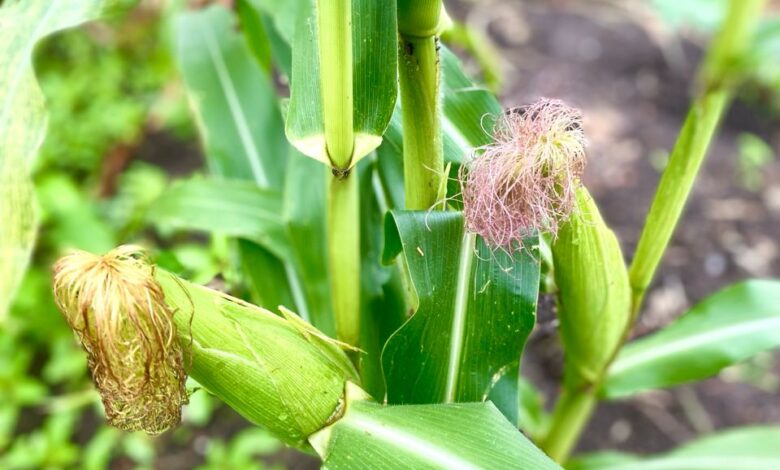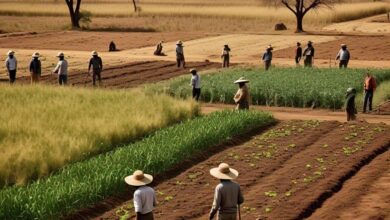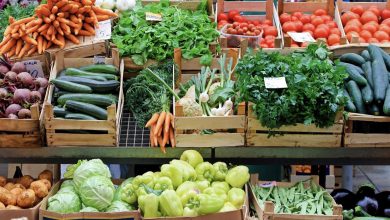Boosting Crop Yields: Innovative Techniques for Zimbabwean Farmers

Zimbabwe’s agricultural sector is at a pivotal moment. With climate change and economic challenges impacting traditional farming methods, innovative techniques are emerging as the key to boosting crop yields and ensuring food security. Therefore, farmers across the nation are embracing new strategies that promise to revolutionise agriculture and pave the way for sustainable growth.
Climate-Smart Farming: A Game-Changer for Zimbabwe
Firstly, climate-smart farming practices are transforming the agricultural landscape. Techniques such as conservation agriculture, precision farming, and eco-friendly irrigation systems are proving to be effective in boosting crop yields. Conservation agriculture, which emphasises minimal soil disturbance, crop rotation, and moisture conservation, has shown remarkable results. Farmers adopting these methods have reported increased yields and improved soil health, making it a cornerstone of sustainable farming.
Precision Farming: Harnessing Technology for Higher Productivity
Secondly, precision farming is another innovative approach gaining traction in Zimbabwe. By utilising GPS-guided tractors, drones, and soil sensors, farmers can optimise inputs and reduce waste. This technology-driven method not only boosts crop yields but also minimises environmental impact. Also, the integration of digital analytics platforms allows farmers to make informed decisions, ensuring efficient resource use and maximising productivity.
Eco-Friendly Irrigation: Addressing Water Scarcity
Thirdly, water scarcity remains a significant challenge for Zimbabwean farmers. Eco-friendly irrigation systems, such as drip irrigation and rainwater harvesting, are providing solutions. These systems enhance water efficiency and ensure crop productivity even in drought-prone regions. Therefore, by adopting these techniques, farmers can mitigate the effects of erratic rainfall patterns and secure their livelihoods.
The Role of Government and Community Initiatives
Additionally, government programs like Pfumvudza/Intwasa are playing a crucial role in boosting crop yields. By distributing essential inputs, providing education on sustainable practices, and encouraging early field preparation, these initiatives are empowering farmers to adapt to changing conditions. Community-led efforts, such as agricultural cooperatives and knowledge-sharing platforms, are also fostering collaboration and innovation.
Advancing Crop Production: The Future of Zimbabwean Agriculture
Furthermore, the future of Zimbabwe’s agriculture lies in embracing innovation and sustainability. By integrating climate-smart practices, precision farming, and eco-friendly irrigation, farmers can overcome challenges and achieve higher yields. These techniques not only enhance agricultural productivity but also contribute to environmental conservation and economic stability.
Conclusion
Finally, boosting crop yields is more than a goal; it’s a necessity for Zimbabwe’s farmers. Through innovative techniques and collaborative efforts, the agricultural sector can thrive and secure the nation’s food future. As farmers continue to adapt and innovate, Zimbabwe’s agriculture stands poised for a brighter, more sustainable tomorrow.





